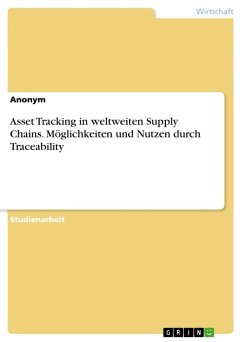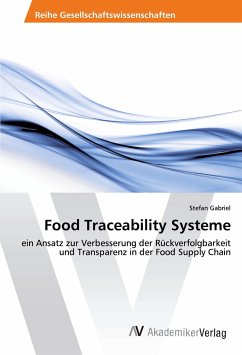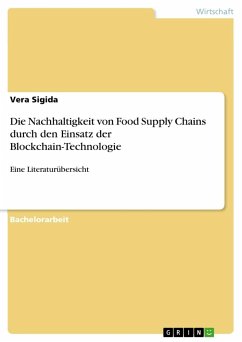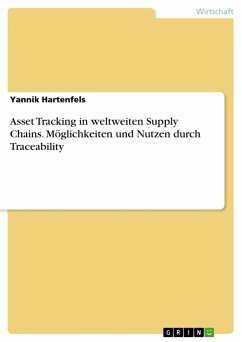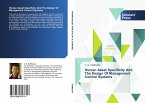The added values of food traceability systems enabled by Information technology holds much for the future of the food industry and its consumers. Originally food traceability was imposed on the food industry as a regulatory requirement that came as a response toward food incidents like the bovine spongiform encephalopathy (BSE), salmonella breakouts...etc. As food incidents occur consumers become skeptic about the food they consume and it's producers; taking into consideration the conspicuous information asymmetry between the two. This book, therefor, presents traceability systems as a tool to reduce the gap in information between food producers and consumers. The book sheds the light on the role of traceability systems in reducing uncertainties and risks in food products in food supply chains. The analysis presented should help professionals in food supply chains/ industry, legislation bodies and food consumers.
Bitte wählen Sie Ihr Anliegen aus.
Rechnungen
Retourenschein anfordern
Bestellstatus
Storno




